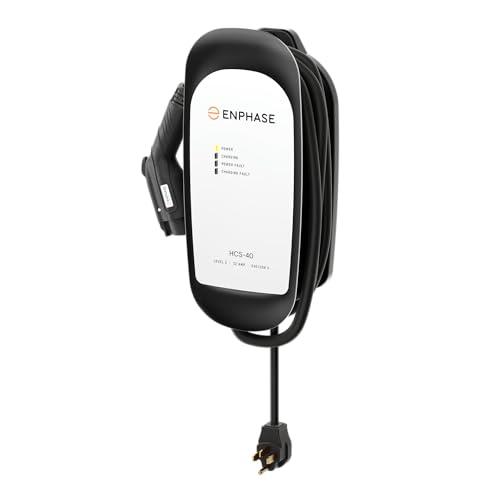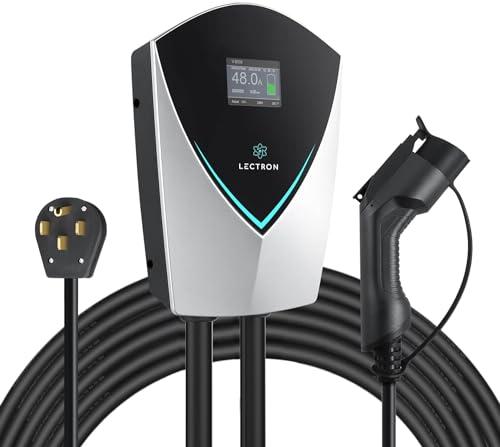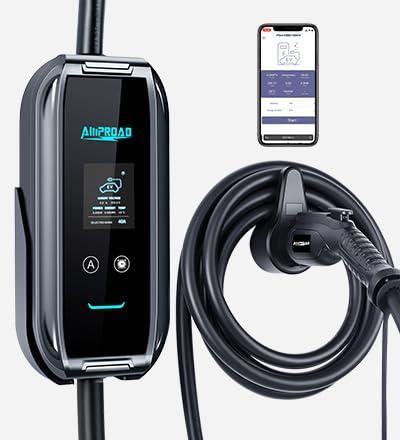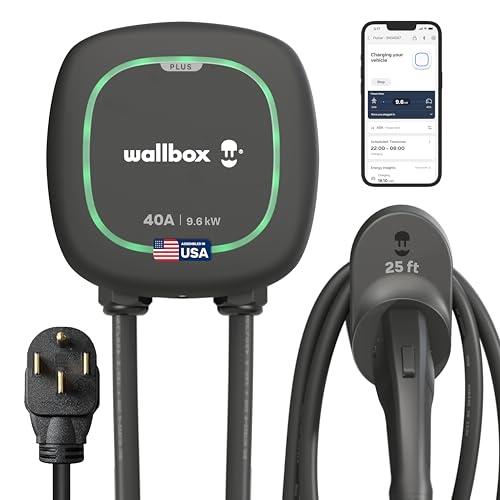Time
Chevy Bolt Overview and History
Introduction to the Chevy Bolt
Chevy Bolt is Chevy's new all-electric car. It started production in 2017 and had 200+ miles, price under $40K ($37K before tax credit), and it can recharge to 80% of full charge in 30 min on DC fast charging (included in the base model).
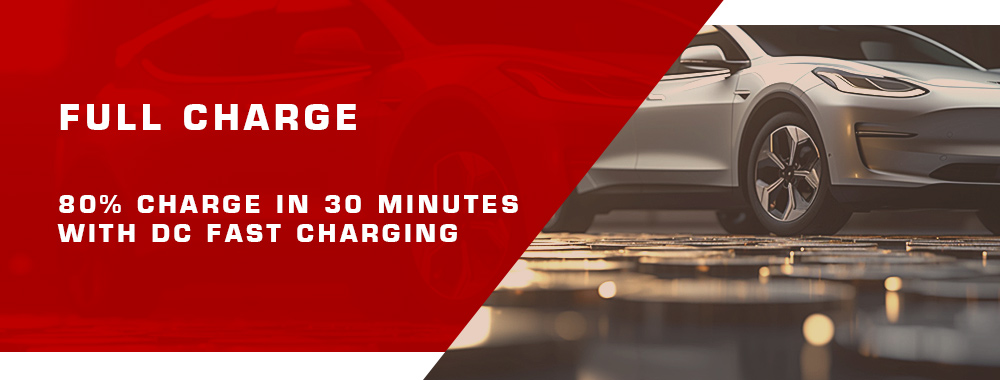
Production History and Milestones
The Chevy Bolt marked a significant step in Chevrolet's electric vehicle lineup. Introduced in 2017, it was one of the first mainstream electric vehicles to offer a range of over 200 miles, solidifying its position in the market.
Comparing Chevy Bolt to Its Competitors
It will also have Chevy's new Supercharger-like fast charging capability, but Chevy hasn't disclosed any information about it yet. When comparing the charging characteristics, the Chevy Bolt seems to align with current BEV models on the market:
- Tesla Model S: 270 miles range, 35 kWh battery pack, 135 kW peak charging speed
- Nissan Leaf: 84-mile range, 24 kWh battery pack, 3.3 kW peak charging speed
- Chevy Volt: 53 miles range, 16 kWh battery pack, 1.4kW peak charging
Charging Characteristics of the Chevy Bolt
Supercharger-like Fast Charging Capability
Chevrolet has hinted at a Supercharger-like fast charging system for the Bolt, potentially revolutionizing its charging capabilities in comparison to competitors.
Insight into Average Daily Driving Distance
We need to use the total average daily driving distance for that calculation: 60 mi per day is 22.2% of the 200-mile range and 30 minutes / 80% recharge would be ~0.5% of the total range.

Charging Speed Comparisons with Other EV Models
Charging speed, especially on DC fast charging, is a strong suit for the Chevy Bolt, offering competitive rates compared to other electric vehicles in its class.
Cost Analysis of Chevy Bolt's Charging
Breaking Down the Charging Cost
Let's assume it will have Chevy Volt's 120 miles range gain in 40 min and charging cost as Nissan Leaf, which is $12.5 per charge ($1 per Wh) with its lower battery capacity (24 kWh vs Chevy Bolt 60 kWh). Chevy Bolt's longer-range makes the shorter charging time more significant: GM seems to be focusing on higher capacity batteries, because of their ability to absorb power faster than smaller packs, and a faster-charging car will provide a better user experience in case of long-distance travel.
Price = 60k * 0.37 / 201 ~= $21K tax credit

Comparative Analysis: Chevy Bolt vs. Other Models
The Chevy Bolt stands out when it comes to a mix of range, charging time, and price, making it a considerable option among EV buyers.
Recharging Cost Calculation for Chevy Bolt
Methodology Behind the Calculation
Considering several factors like average daily driving distance, recharge rate, and vehicle's overall efficiency gives a clear insight into the charging costs of the Chevy Bolt.
Impacts of Daily Driving Distance and Recharge Rate
Recharging Cost = 21k * 1 / 22.2% daily driving distance * 80% recharge rate / 30 min * 24 kWh ~= $2.6 per day, which is < $10 monthly ( Chevy Volt's electric bill ).
Comparison with Chevy Volt's Electric Bill
The Bolt's efficiency is emphasized when comparing its monthly charging costs with the Chevy Volt, showcasing its cost-effectiveness despite its longer range.
Positioning of Chevy Bolt in the EV Market
Is Chevy Bolt a Game-Changer?
Is Chevy Bolt a game-changer? It is not as futuristic in its design as Chevy concept cars we see at auto shows every year, but it is hard to beat Chevy's other selling point about lower price tag and GM's brand image of solidity and trustworthiness in the US market.
Prospects for Chevy Bolt's Market Share
Other factors like longer range, smaller battery capacity, less charging speeds, etc will help Chevy Bolt gain more sales than Hyundai or Nissan BEV models since there are so many gasoline vehicles already on the road and people don't have a big incentive to replace their older vehicles with new ones. Chevy Bolt will most likely gain a decent market share (2% of the US passenger cars) and it will be Chevy's EV product that ensures Chevy's leadership role in the all-electric car market in the next few years.
Anticipating Competition: Chevy Bolt vs. Tesla Model 3
But Chevy still has to wait for Tesla Model 3 which is expected to be cheaper ($30K before tax credit), able to charge faster (~160 miles range gain in 20 min Supercharger at higher 120kW charging speed) and have a better design than Chevy Bolt.
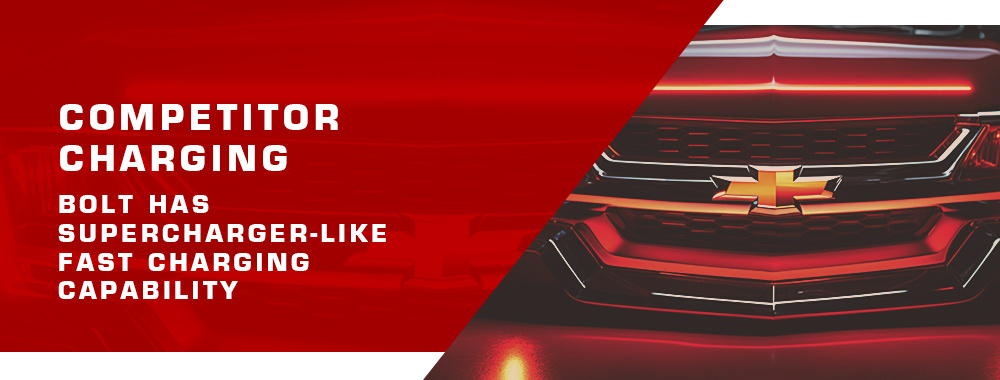
Chevrolet Bolt: Cost-Effective Charging Options
Charging Cost Variants by Battery Capacity
The diversity in battery options for the Chevy Bolt allows users to select the most suitable variant according to their driving needs and budget constraints.
Comparison of Home and DC Charging Costs
| Chevrolet Bolt EV60 kWh | Chevrolet Bolt EV65 kWh | Chevrolet Bolt EV66 kWh | |
|---|---|---|---|
| Home • 1.44KW OUTPUT (AC) | $5.4 | $5.85 | $5.94 |
| Blink • 50KW OUTPUT (DC) | $15.12 | $16.38 | $16.63 |
| Chargepoint • 62.5KW OUTPUT (DC) | $3.24 | $3.51 | $3.56 |
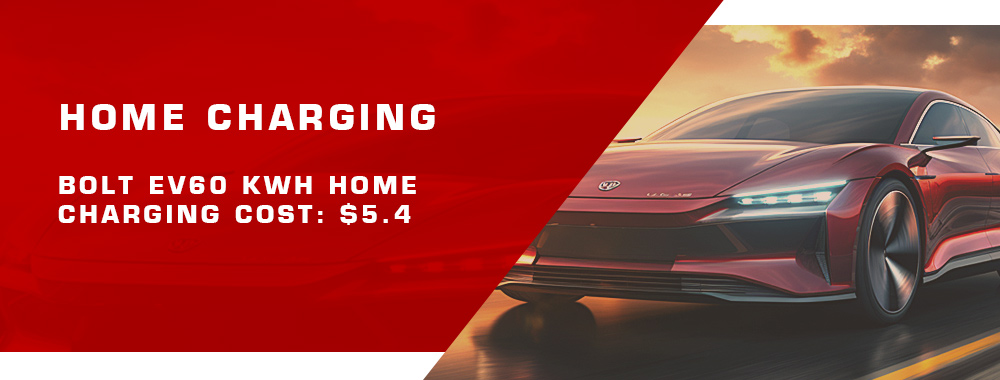
Charging Costs at Different Station Providers
For charging prices at stations of other companies, see the calculator.
In wrapping up, the Chevy Bolt Charging Cost Calculator serves as an invaluable tool for potential and current owners to gauge their expenses. As the electric vehicle market continues to grow and evolve, understanding the charging costs associated with vehicles like the Chevy Bolt becomes paramount. This calculator offers insights, comparisons, and a clearer financial picture, ensuring users can make informed decisions and fully embrace the benefits of electric mobility.
